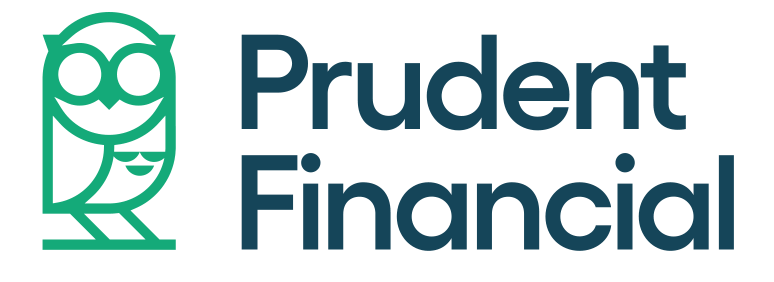
 The Canadian interest rate has risen again, going up to 1.5% as of July 11, 2018.
The Canadian interest rate has risen again, going up to 1.5% as of July 11, 2018.
The Bank of Canada (BOC) chose to raise rates for the fourth time in a year. The Canadian interest rate was 0.5% before July of 2017, but since then it has increased steadily to the current 1.5%.
This hike might affect you if:
- You have unsecured or floating debt with an interest rate that changes month to month — i.e. credit card debt, a variable-rate mortgage, certain lines of credit, etc.
- You have to renew or refinance your mortgage rate — the increase also affects Bank of Canada mortgage rates, so you may need to do so at higher interest.
- You want to take out new debt — Canada’s big banks are expected to increase their prime rates based on the BOC hike.
A study from BNN Bloomberg found that leading up to the July 11 announcement, 28% of Canadians feared they would have to declare bankruptcy if another interest rate increase happened.
According to Ratehub.ca, if you had a mortgage of $400,000 amortized over 25 years, with a five-year variable rate of 2.5%, your monthly mortgage payment would have started out at $1,792. After the July 11 rate increase, the payment goes to $1,997 – a payment increase of $205 per month. From July 2017 to July 2018, you would have paid an additional $1,627 in total interest.
Depending on the amount of debt you carry, this could make a big difference to your financial standing. If you are already struggling to make ends meet, the interest rate increase could affect your ability to repay bills — and in turn affect your credit score.
Interest rates aren’t going down anytime. The BOC said in its July 11 statement that they will continue to increase gradually over coming months and years. So, the time to take action is now.
Consider:
- Making a plan to pay off high-interest debts. Even if it has a fixed interest rate, if the prime lending rate changes it may be affected. What debts can you pay off now? How can you pay off your existing debt faster?
- Consolidating your debts into one payment. This can be a great option if you have a lot of floating interest debt, like credit cards.
- Look at the type of debt you’re taking out. Is there a less expensive option? For instance, at Prudent we offer home equity personal loans that are often cheaper than other personal loans. Any extra bit of saving can help.
- Make a plan for future debt. What do you anticipate needing to borrow in the upcoming year? Five years? Ten years? It may seem far off now but thinking ahead could help you stay on track financially and make better choices in the present.
If higher interest rates are hurting you financially, there are options. At Prudent Financial, if you have equity in your home or vehicle, we offer financial assistance to people with bad credit, good credit, those who are self-employed, and more.
We can help you deal with the new Canadian interest rate, rebuild credit, and make a financial plan.
Contact us today. Call 1-888-852-7647 or visit www.prudentfinancial.net.
